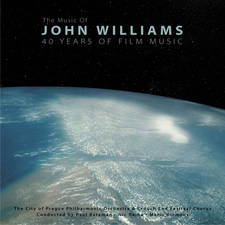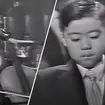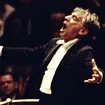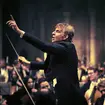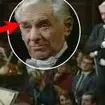When Leonard Bernstein conducted an ‘Ode to Freedom’ after the fall of the Berlin Wall
14 November 2023, 15:08 | Updated: 14 November 2023, 16:39
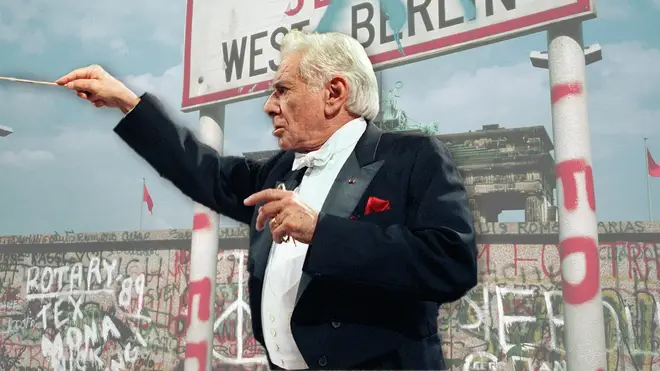
As Germany took its first bold steps towards reunification, Leonard Bernstein conducted a blistering Beethoven symphony in celebration of an extraordinary moment in world, and music, history.
Listen to this article
The fourth movement of Beethoven’s Symphony No.9, nicknamed the ‘Choral’, rings out with the immortal words of German poet Friedrich Schiller, in a spine-tingling symphonic finale.
Schiller’s poem An die Freude, better known as ‘Ode to Joy’ in English, forms the triumphant pinnacle of Beethoven’s masterpiece as he brings in the full force of a choir to close his final large-scale work.
But on Christmas Day 1989, ‘Ode to Joy’ became an ‘Ode to Freedom’ in a subtle but significant lyric change made by Leonard Bernstein, in a performance for the history books.
A large massed choir sang ‘Freiheit’, meaning ‘Freedom’, in place of ‘Freude’, or ‘Joy’, in the Berlin Konzerthaus just a stone’s throw from both the monumental Brandenburg Gate and Checkpoint Charlie.
Read more: The remarkable story of Beethoven’s ‘Choral’ Symphony No. 9 and the ‘Ode to Joy’

The Berlin Celebration Concert 1989 - Leonard Bernstein - Beethoven Symphony No 9
Bernstein’s concert took place a month and a half after it was announced that the border between East and West Berlin, which had divided the country for 28 years, was now open.
In Berlin’s great Konzerthaus, in the heart of the city, Leonard Bernstein brought together an international roster of Europe’s great orchestral musicians for the occasion.
An epic choir filled the concert house stalls, as Bernstein combined not one, not two, but three German choirs spanning the breadth of the country, to achieve a thunderous and triumphant finale.
From Bavaria to Dresden, St Petersburg, London, New York and Paris, the Berlin Celebration Concert united musicians from all sides of the Cold War to mark the fall of the Iron Curtain.
Read more: Listen to this 10,000-strong Japanese megachoir sing Beethoven’s ‘Ode to Joy’
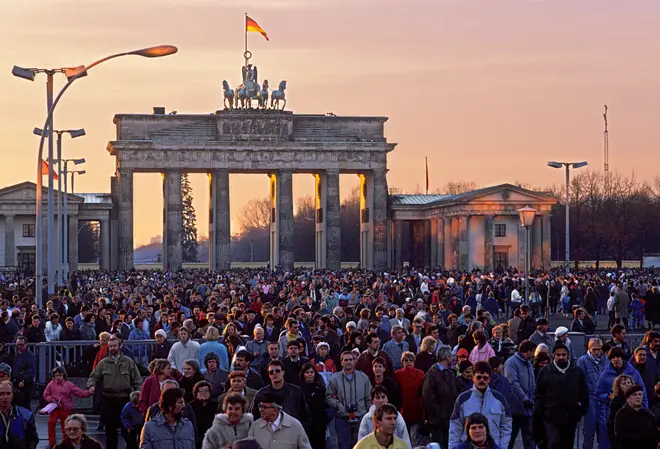
20,000 people are said to have gathered on the streets of Berlin, as East and West Germans mingled freely for the first time in almost 30 years, to watch the concert broadcast on huge five-by-ten metre screens erected for the occasion.
After the concert, Bernstein headed West to carve his own section of the Berlin wall, which he sent back to his family in New York.
It was a moment remembered fondly by concert pianist Craig Urquhart, who was Bernstein’s personal assistant at the time: “Lenny and I, with a couple of friends drove to the western side of the wall behind the Reichstag: no television, no reporters, just us private citizens of the world.
“Lenny borrowed a hammer from a young boy, and he took his turn at tearing down, at least this wall, among all those he’d so worked so hard to dismantle in the hearts and minds of man.”
“This is the happiest Christmas of my life,” Bernstein told gathered members of the German press.
He continued: “I feel this is a heaven-sent moment to sing ‘Freiheit’ wherever the score indicates the word ‘Freude’. If ever there was a historic time to take an academic risk in the name of human joy, this is it, and I am sure we have Beethoven’s blessing.”
